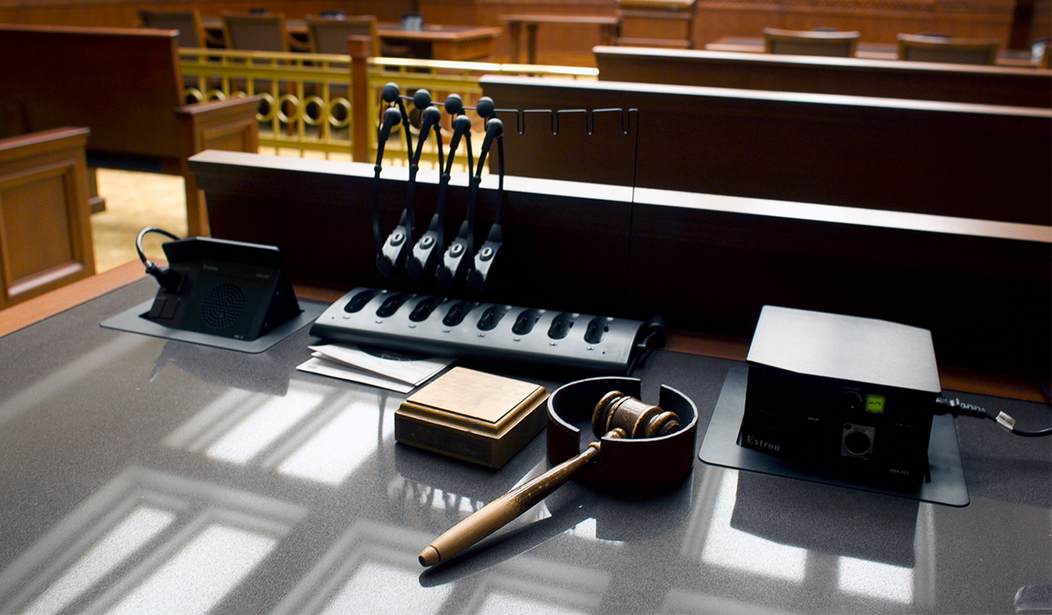MADISON — Liberty versus the unchecked authority of a single government bureaucrat during a public health crisis was on trial Tuesday, as the Wisconsin Supreme Court heard oral arguments in a case challenging the Evers administration’s authority.
The exchanges at times grew heated, as justices grilled attorneys for the Republican-controlled Legislature and the Democrat-led state Department of Justice on whether Wisconsin’s public emergency statutes gave Department of Health Services Secretary-designee Andrea Palm carte blanche power during the pandemic.
“… (W)here in the constitution did the people of Wisconsin confer authority on a single, unelected cabinet secretary to compel almost 6 million people to stay at home and close their businesses and face imprisonment if they don’t comply — with no input from the Legislature, without the consent of the people?” Justice Rebecca Grassl Bradley asked Assistant Attorney General Colin Roth.
The conservative justice broke in after Roth’s opening arguments, declaring that, “In the midst of the deadliest pandemic the world has faced in over a century, the Legislature asks this court to handcuff DHS’s power to combat infectious disease.”
Bradley’s point was clear and direct: do the governed give up their basic constitutional rights to one branch of government because of a health crisis — or any other crisis for that matter?
The lawsuit, Wisconsin Legislature v. Palm, is really about whether the DHS secretary overstepped her statutory authority in extending Gov. Tony Evers’ broad and sweeping stay-at-home orders until May 26 — or indefinitely, depending on the whims of the agency. Ryan Walsh, attorney for the Legislature, argued that DHS does not have the power (after May 10) to cut the Legislature out of the rule-making process. The Legislature, after all, created the Department of Health Services and the other agencies under the executive branch.
Recommended
“This is the broadest, most sweeping order we know of in Wisconsin history,” he said.
Bradley agreed with her fellow conservatives on the court, who say the Constitution is at the core of the case.
The court’s two liberals seem to reject that notion, as does Roth. The assistant AG compared the COVID-19 emergency to a wildfire, insisting that the administration should “do whatever is necessary … to fight it.”
“Isn’t it the very definition of tyranny for one person to order people to be imprisoned for going to work among other ordinarily lawful activities? Where does the constitution say that’s permissible, counsellor?” Bradley asked.
Nope, not tyrannical at all, said Roth, arguing, as he repeatedly did, that the statute allows such actions.
Bradley pointed to another time in history, the U.S. Supreme Court’s Korematsu ruling, that insisted because the need for action was great, “assembling together and placing under guard all those of Japanese ancestry in assembly centers during World War II” was constitutionally permissible. It allowed internment camps. Bradley asked whether Palm’s unilateral authority could lead Wisconsin down that awful road.
“Could the secretary under this broad delegation of legislative power, or legislative-like power order people out of their homes into centers where they are properly social distanced in order to combat the pandemic?” Bradley asked.
The assistant attorney general argued the two cases are different.
Conservative members of the court asked whether there are constitutional or statutory limits on the power of the DHS and its secretary-designee. That sparked one of the more exacting exchanges, in which Justice Daniel Kelly schooled Roth on constitutional law.
Kelly asked whether the DHS lockdown order created criminal penalties for law, an authority only granted the Legislature. Roth finally had to acknowledge that was indeed the case.
“In a sense,” the attorney said. “I don’t know if it’s a material sense.”
“Counsel, I think you might want to think about that a little bit. It’s a really material sense,” Kelly interrupted. “We require standard pre-exists as a matter of law. … The secretary all by herself created a criminal law.”
“Your position is the Secretary can identify behavior that is not otherwise criminal, that she can, all by herself, sit down at her computer keyboard, write up a description of behavior, and make it criminal?” Kelly asked.
“Yes,” the assistant attorney general admitted.
And that’s really the core of a lawsuit that is, on its surface, about whether the Evers administration has illegally bypassed the Legislature’s role in governing. The court’s liberal justices and the assistant attorney general argued the Legislature doesn’t have standing on the constitutional questions of whether the order has hurt Wisconsin businesses and residents.
Another lawsuit filed this week by Wisconsin citizens asks the court to rule on whether the Evers administration and its lockdown have denied civil liberties.
The justices met in closed conference Tuesday afternoon to further discuss the Legislature’s lawsuit.
Even if they issue a swift ruling agreeing with the Legislature, it could be a dozen days at the earliest before the lockdown order is lifted and replaced with a less restrictive pandemic policy.

























Join the conversation as a VIP Member